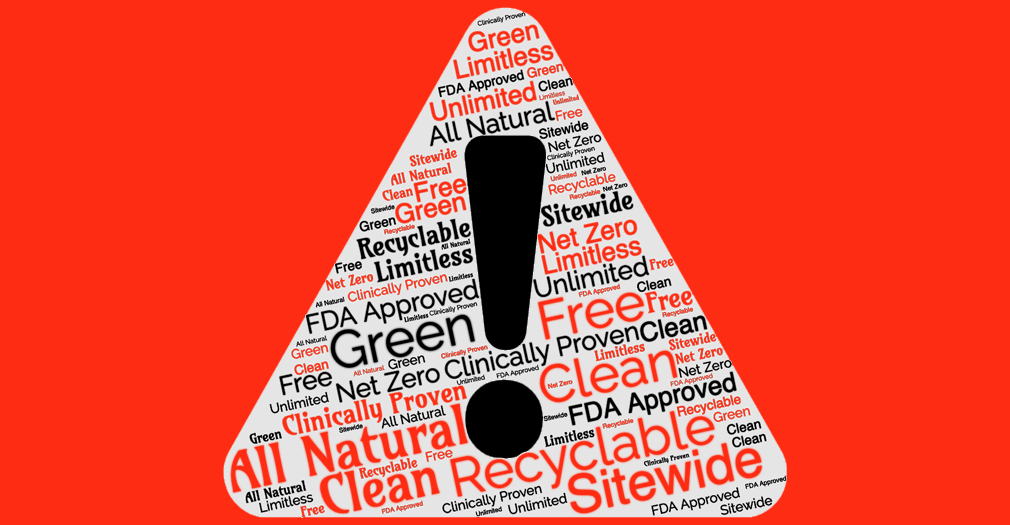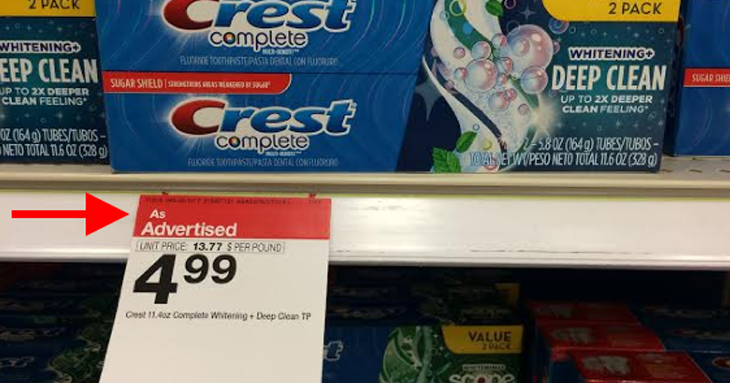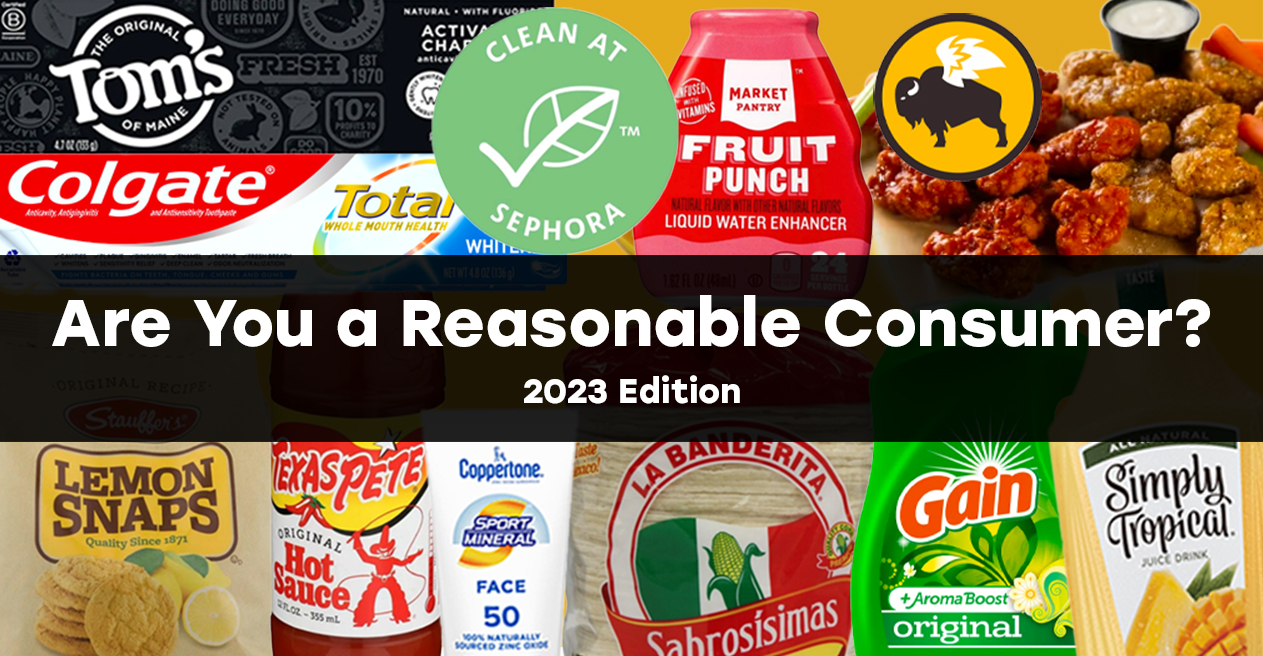
April Fools: How Some Companies Prank Consumers with Common Marketing Terms
These definitions are a joke.
When you think it’s a sale but it’s not. Welcome to a new feature on pricing issues we’re calling Sale or Not.
Our inaugural post takes us into a Target in San Diego where a reader found a hand wash with a tag below it indicating an “as advertised” price of $2.99. Our reader understood this to mean that the item was on sale, marked down from a price higher than $2.99. But when he looked underneath the tag, lo and behold, the original price was also $2.99:
The reader said there were other regular priced items in the Target store with the same “as advertised” tag. He wondered whether Target, which is the second largest retailer in the U.S., was selling its products in this same way in stores outside of San Diego.
To find out, TINA.org visited three Target stores in Connecticut, our home base. At all three locations, TINA.org found dozens of items with the “as advertised” tag, including flat-screen TVs, peanut butter, anti-bacterial ointment, video games, graham crackers and toothpaste, with their regular prices listed underneath or adjacent to their “as advertised” prices:
Adding to a shopper’s confusion, TINA.org also found numerous similar looking red and white tags, but these tags actually indicated legitimate sales:
The reader said he also complained to the FTC, the California attorney general, and the BBB about the signage. He said his complaint with the BBB was quickly resolved with the bureau concluding that, “A business may advertise their regular prices without ‘savings’ or ‘sale’ claims.” But the reader maintains that the phrase “as advertised” implies the existence of a sale.
Kristy Welker, a spokeswoman for Target, said the tags are used to highlight items that are featured in the store’s weekly ad, some of which are regular priced.
RELATED: Do ‘Original’ Prices Even Really Exist?
Pricing has been an issue for Target in the past. Just last year, the Minnesota-based company agreed to pay nearly $4 million in penalties to settle deceptive pricing allegations brought by state officials in California who accused the retailer of overcharging customers. The irony? The settlement called for a pricing compliance officer to conduct weekly audits of price and sale signs posted in stores.
Find more of our coverage on pricing issues here.
These definitions are a joke.
See how you stack up.
TINA.org has tracked more than 150 lawsuits alleging greenwashing.


